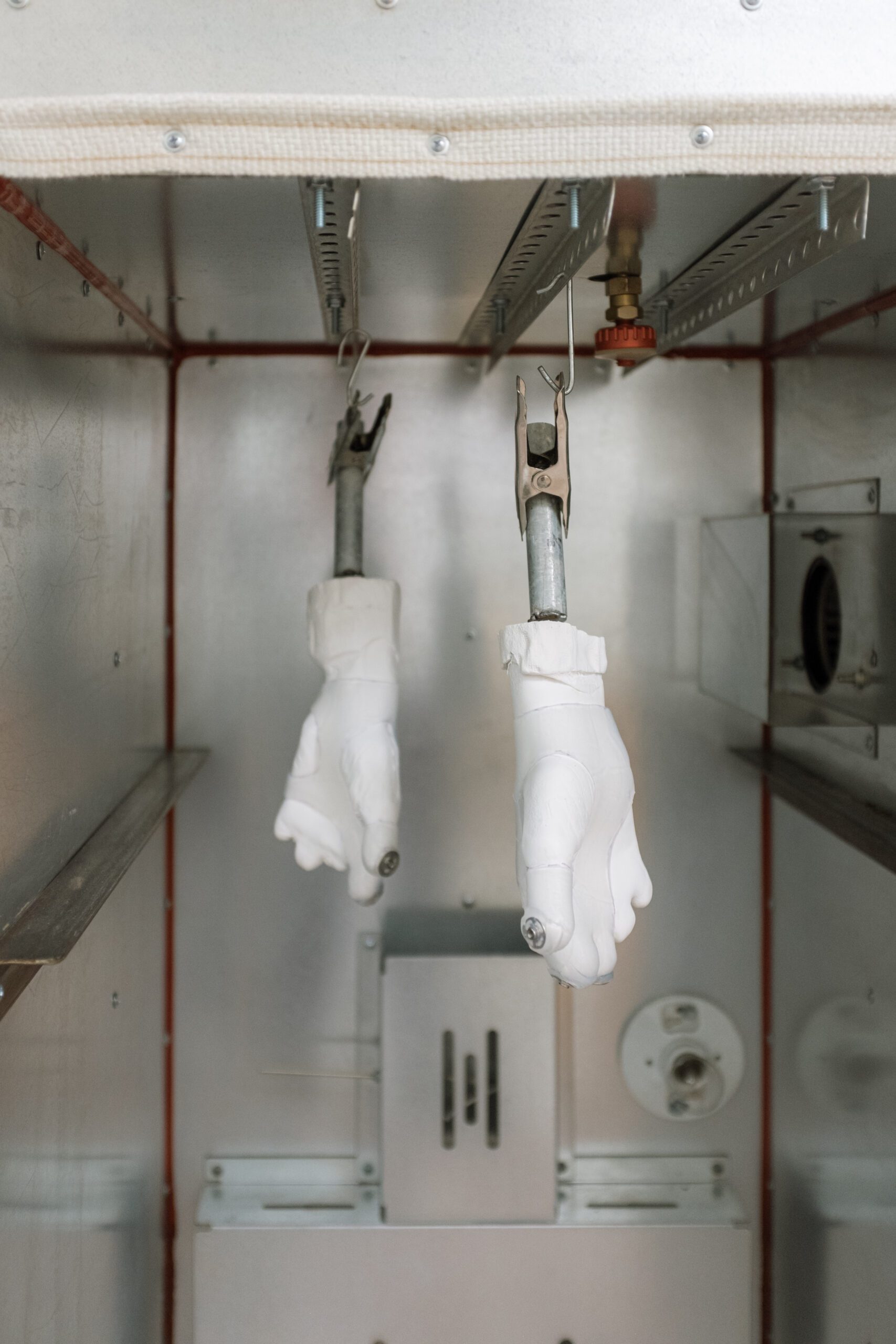Choosing the right prosthetist in a saturated market can be challenging, but it is a critical step in your journey to regaining mobility and independence. Whether you are new to prosthetics or are looking to make a change, it’s important to find a professional who understands your needs and can offer personalized care. Here’s a few tips to help you make a well-informed decision:
- 1. Look for Qualifications and Certification
A qualified prosthetist should have appropriate education and certifications. The most respected credential in the field is the American Board for Certification in Orthotics, Prosthetics & Pedorthics (ABC). This ensures the prosthetist has undergone rigorous training and meets professional standards. - 2. Experience with Your Specific Needs
Prostheses are not one-size-fits-all, and it’s essential to find a professional with experience in your specific type of prosthetic needs. For example, if you require an upper limb prosthesis, ensure the prosthetist has experience with that type of device and can tailor it to your lifestyle, whether for sports, daily activities, or specialized needs. - 3. Technology and Technique:
Ensure that the prosthetist uses up-to-date materials, technology, and techniques for the best outcomes. Advanced options like 3D printing, adjustable socket design technology, or vacuum suspension can contribute to better comfort and functionality. - 4. Communication and Collaboration
The best prosthetist will take the time to listen to your concerns and goals. They should explain options clearly and offer a collaborative approach to developing a prosthetic plan that works for you. You, your prosthetist, and your entire healthcare team should work together to achieve your desired rehabilitation outcome. - 5. Seek Recommendations and Read Reviews
Word of mouth can be one of the best ways to find a trusted prosthetist. Ask your physician, therapist, or fellow prosthetic users for recommendations. Online reviews and testimonials can also provide valuable insights into the quality of care a prosthetist provides. - 6. Check for Follow-up Care
Your journey doesn’t end once you receive your definitive prosthesis. Make sure the prosthetist you choose offers consistent follow-up care to ensure your prosthesis continues to meet your needs. This could include regular adjustments, repairs, replacements or guidance on prosthetic maintenance.
To recap, here’s some simple questions you can ask during a consultation:
- What is your experience with my type of prosthesis?
- Can you provide references or testimonials from patients with similar needs?
- How do you ensure proper fit and alignment?
- What is your average appointment time?
- What are the options for adjustments if the prosthesis isn’t fitting right?
- What types of materials and components do you use for prostheses, and how do they impact functionality and comfort?
- Do you have an in-house technician who can make repairs and adjustments?
- What should I expect during the fitting process?
- How long should my prosthesis last before it needs replacing or maintenance?
- Do you work with other healthcare professionals to ensure the best possible outcomes?
- What are the costs, and does your clinic accept my insurance?
- What aftercare or follow-up services are available?
- Do you have on-call hours for emergencies?
- Do you offer any other new patient resources?
Above all, trust your instincts. You should feel comfortable, heard, and supported by the prosthetist you choose. A great relationship with your prosthetist is crucial for your overall success. Take the time to find the one who will work with you to achieve your goals. We hope these tips help guide your decision. If you have any questions or need assistance, feel free to reach out!
February 18, 2025
Studio Ró
Site made by
@2022 Jameson Prosthetics
Privacy
Terms & Conditions
Address: 1407 Ashley River Road, Charleston, SC 29407
Email: jamesonprosthetics@gmail.com
Tel: 843 936 1642
Explore
With you through it all.
Jameson Prosthetics
@JamesonProsthetics
